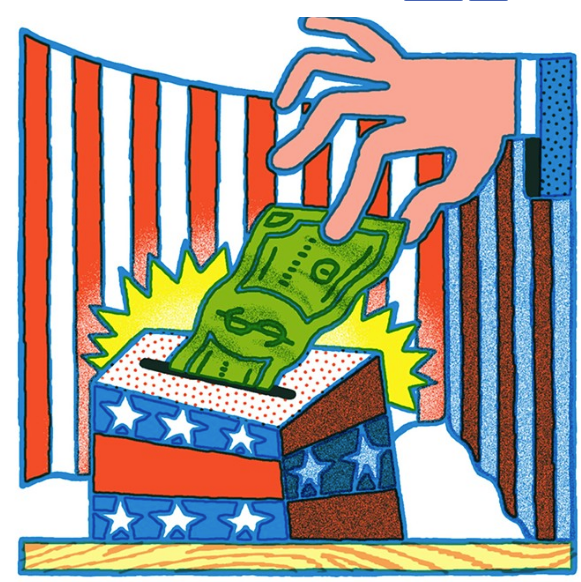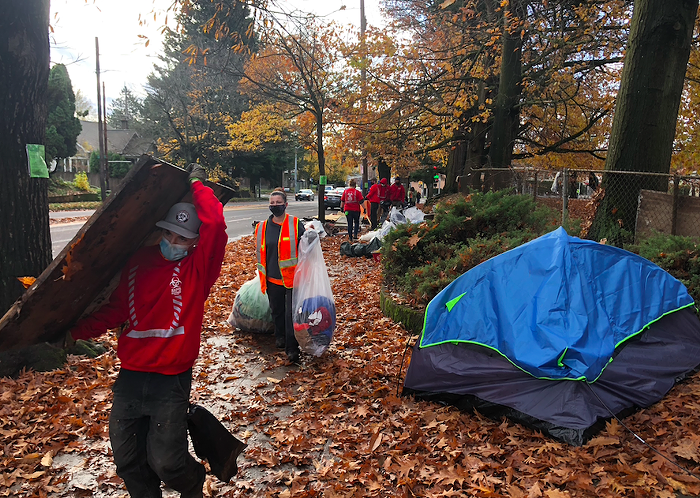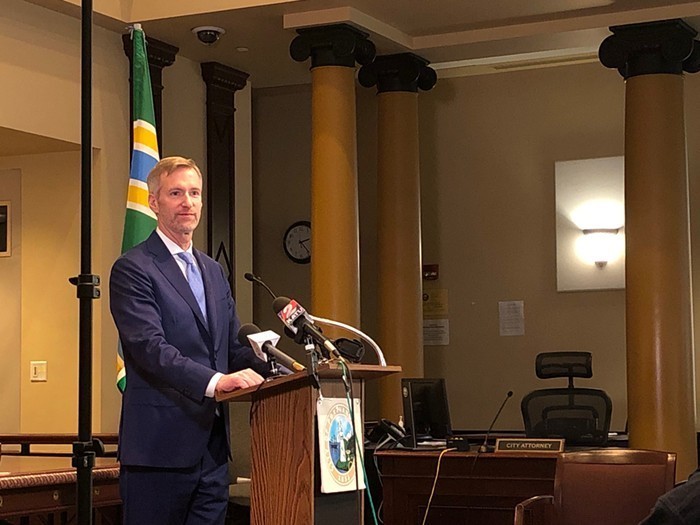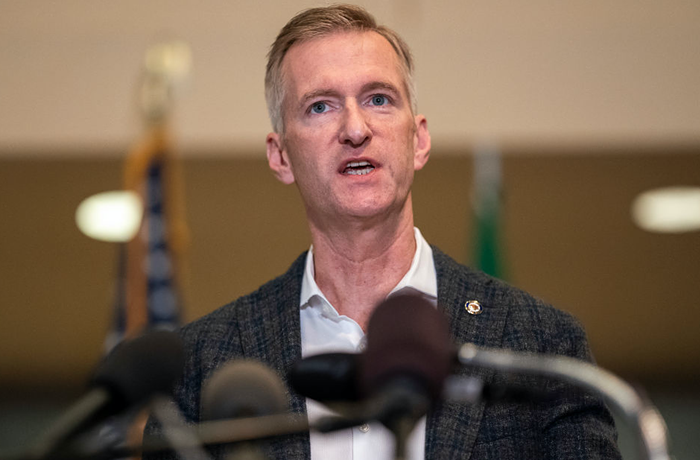
Yesterday, Commissioner Dan Saltzman refused to approve a new arrangement that would put the city's public campaign finance system directly in the hands of Commissioner Amanda Fritz.
So now Fritz and the rest of council have gone around him.
In an extremely rare maneuver, Fritz at this afternoon's city council meeting called up an ordinance that yesterday failed to pass on an "emergency" basis because it lacked unanimous council support. The reason: Saltzman, the lone opponent of the proposal, is out of town. In his absence, Fritz got the 4-0 vote she needed to pass the matter as an emergency, meaning it goes into effect right away.
"We need to move very quickly," Fritz said this afternoon. "I realize this is very unusual to be doing this procedural change."
The arrangement council enshrined this afternoon comes with questions. The ordinance dramatically alters oversight of Open and Accountable Elections, the public campaign finance system proposed by Fritz and approved by council in late 2016, which is supposed to begin funding campaigns in 2020.
Since its passage, the program has been under the control of the Office of Neighborhood Involvement, which was controlled by Fritz when that decision was made. In the time since, Commissioner Chloe Eudaly has been handed ONI, and she says she's got too much on her plate to institute a new elections system. So, as first reported by the Mercury, Fritz has found a way to get the program back on her plate.
The ordinance approved by council this afternoon empowers Mayor Ted Wheeler to give control of Open and Accountable Elections to any commissioner (or the mayor), so long as they have more than two years left in their term. The plan is that the elections system will change hands every two years, so a commissioner who might be running for re-election is never overseeing the campaign finance system. With passage of the ordinance today, Wheeler immediately handed the program to Fritz.
But the situation raises concerns—most dramatically for Saltzman, but also among other officials the Mercury's spoken with.
“I can’t support this in its current form,” Saltzman said yesterday. “It just doesn’t look right.”
Saltzman's chief concern he said, was that a commissioner overseeing the system could be influenced by one of their colleagues who was up for re-election. “We are only human,” he said. “We are subject to the opinions of our colleagues.”
The Open and Accountable Elections program is seen as a way to attract new candidates to run for city office.
The program offers candidates the option to use city funding to leverage campaign donations—the city has pledged to kick in up to 6 public dollars for every $1 donated from qualifying sources.
To gain access to the system, candidates need to first prove they’re viable by hitting certain fundraising thresholds (collecting $2,500 total from at least 250 people for candidates for city commissioner or auditor, and collecting $5,000 total from at least 500 people for mayoral candidates). And they need to agree to limit campaign spending and the contributions they accept.
Most people who've looked at the program—including the City Budget Office and every member of Portland City Council—believe it is best housed in the Portland Auditor's Office, which oversees city elections. But Auditor Mary Hull Caballero has refused to accept the system, raising concerns that include staffing capacity.


















